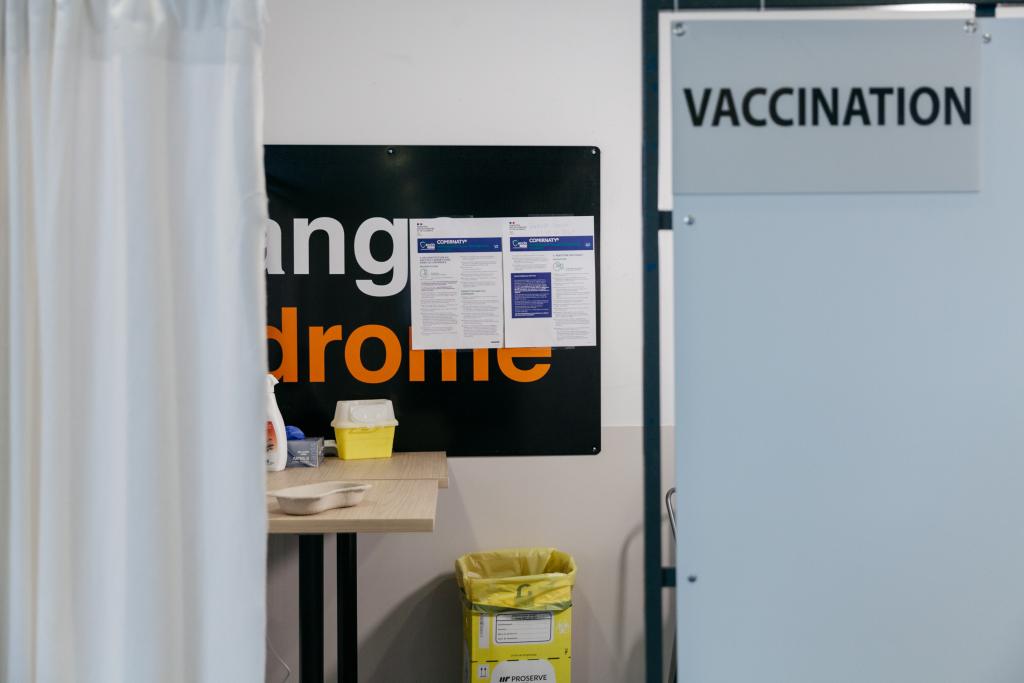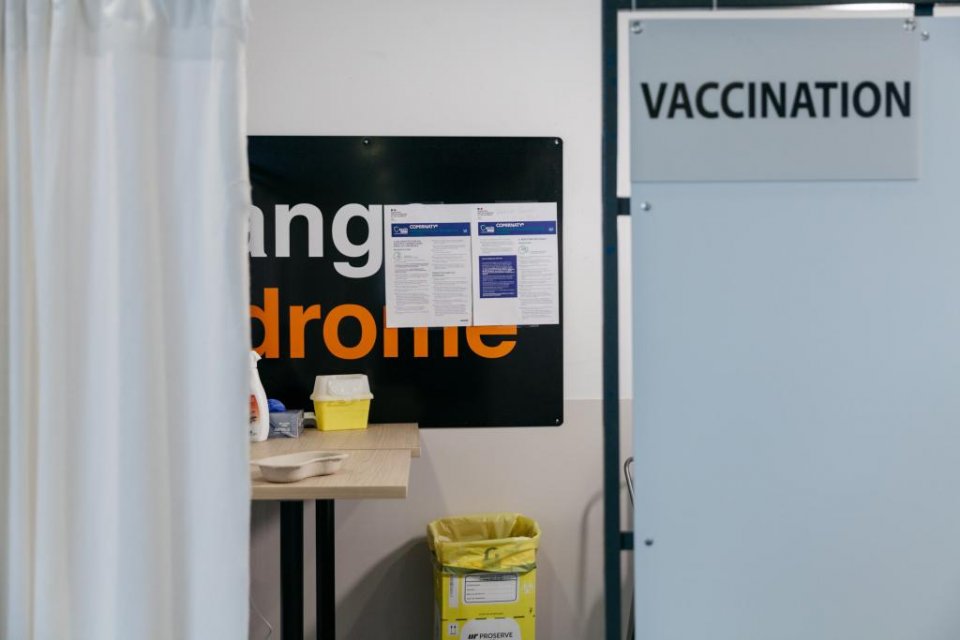Latest: Coronavirus in Spain figures (22 July)
There are increasing concerns and differing tactics being adopted across Europe to address the on-going impact of Covid, as it continues to wreak havoc with the Delta variant taking a dominant role in escalating case numbers.
The lifting of restrictions and increasing the rate of vaccinations, particularly among the younger age demographic, are challenges that all countries are facing. There is no easy answer, but the repercussions of getting it drastically wrong could be catastrophic.
Currently, Spain has the highest rates of infection in Europe, with the incidence rate jumping to 537 per 100,000 inhabitants over 14 days, according to figures released on Friday 16 July. Recently both France and Germany have advised their citizens against taking holidays in Spain this summer.
Some areas of Spain have re-imposed curfews and restrictions in an attempt to curb the wave that is getting hold of the country again, buying more time for its vaccination programme to progress and break the connection between infection and serious illness or death.
Recent data suggests this disconnect is happening, but is it happening quickly enough to open up completely and remove all restrictions and for all countries to fully resume international travel? Also read: The EU Digital Covid Certificate has officially started – full details
England lifted all remaining restrictions on Monday 19 July, even though case numbers there are rising rapidly and in particular in the 18-29 age group, who are least protected through the vaccination programme. The lifting of restrictions gives the green light for nightclubs and theatres to re-open at full capacities, and the return of festivals and other large outdoor events.
Termed ‘Freedom Day’, many are questioning whether the move will cause an explosion in case numbers, potentially putting pressure again on the health service and effectively imprisoning the elderly and more vulnerable in society.
By contrast, French President Emmanuel Macron is ramping up efforts in France to address the surge of the Delta variant, announcing further measures to attempt to slow the spread by outlining plans to make vaccination compulsory for health workers and introducing new restrictions for the unvaccinated.

In an effort to encourage more to take up the vaccine, particularly in younger age groups, he announced that anyone wanting to go out to eat or drink, take a long-distance train or visit a shopping centre will need to either show proof of vaccination or a negative test.
The ‘health pass’, as it has been termed, will allow people to attend festivals, theatres and cinemas. Speaking about the plans, Macron said that ‘we are going to extend the health pass to its maximum to encourage as many of you as possible to get yourselves vaccinated’.
The announcement resulted in the desired effect, with a surge of bookings for vaccinations.
Portugal has also adopted new measures in a response to surging case numbers there, by requiring all people staying at hotels, in all regions, to show negative Covid tests or digital vaccination certificates. This is also required in restaurants on weekends in areas of high incidence rates. Curfews have also been reintroduced to curb the spread.
The next month will be crucial for all countries in their attempts to get a grip of the recent surge in case numbers, whilst also monitoring any impact on hospital admissions and deaths as restrictions are lifted.
The UK’s approach of fully opening up again will be closely watched by many, including regions in Spain that are seeing daily case numbers rise rapidly and restrictions re-imposed.
Breaking the chain between infection and serious illness is the ultimate aim of the vaccines, but what is not known just yet is how quickly this can allow a full return to normal life and all restrictions to be permanently lifted.
Sign up for the FREE Weekly Newsletter from Spain in English.
Please support Spain in English with a donation.
Click here to get your business activity or services listed on our DIRECTORY.
Click here for further details on how to ADVERTISE with us.



